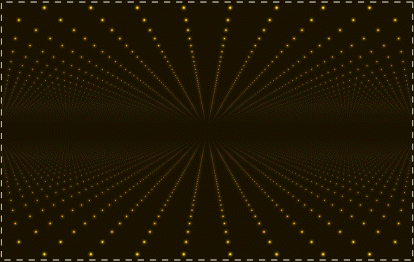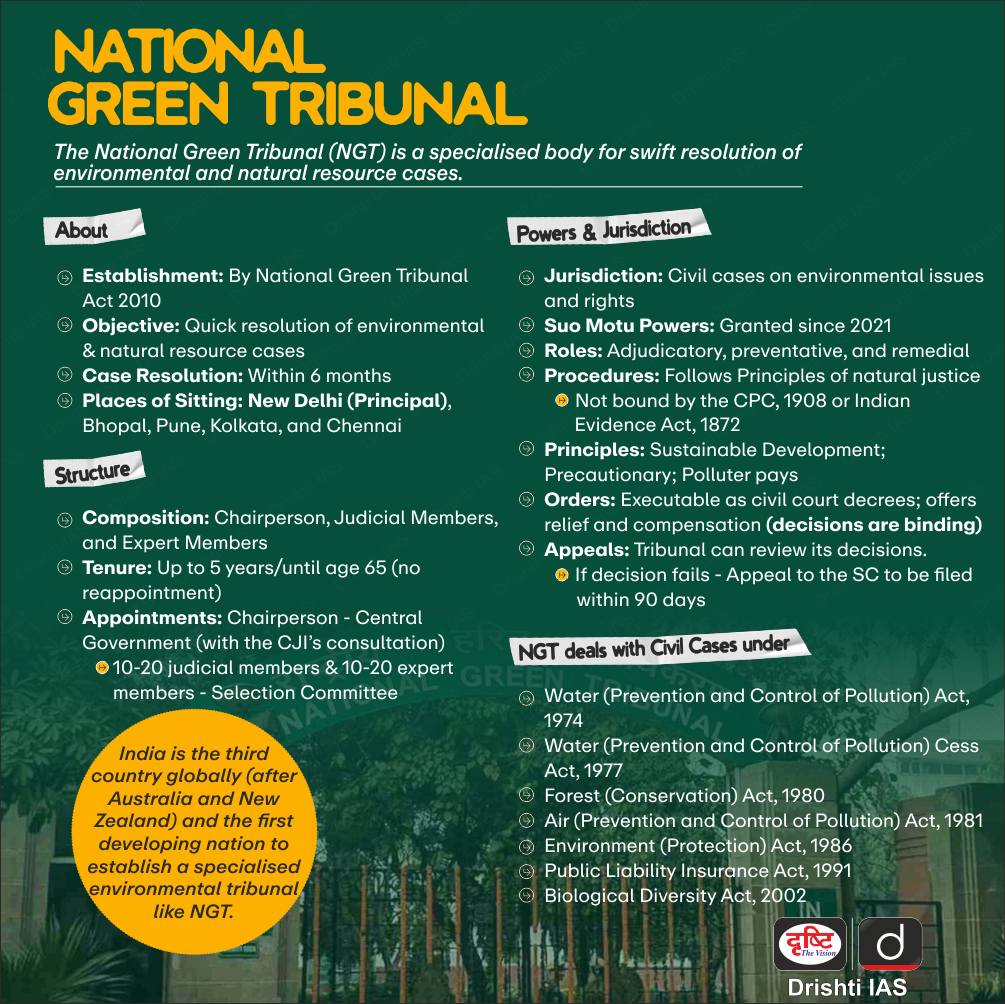Haryana Switch to Hindi
Haryana to Dispose and Recycle Old Vehicles
Why in News?
The Haryana Government has notified the Vehicle Scrappage and Recycling Facility Incentive Policy, 2024, to ensure the proper disposal and recycling of old vehicles and promote environmental sustainability by reducing pollution.
Key Points
- About the Decision:
- It is highlighted that the National Green Tribunal (NGT) set a 10-year limit for diesel vehicles and 15 years for petrol vehicles in the National Capital Region (NCR).
- This regulation led to a continuous increase in the number of condemned vehicles, prompting the Haryana Government to act.
- Environmental and Economic Benefits:
- The policy aims to protect the environment by reducing pollution and promoting economic growth.
- Vehicle owners would receive financial benefits, and the public would gain relief from abandoned vehicles cluttering roads, streets, and public spaces.
- Implementation as an Industrial Scheme:
- The state government plans to implement the policy as an industrial scheme with incentives such as capital subsidies or state GST reimbursement for new industrial units.
- The Department of Industries and Commerce will develop a 10-year land leasing module through the Haryana State Industrial and Infrastructure Development Corporation (HSIIDC).
- Financial Support for Entrepreneurs:
- The government will provide up to Rs 20 crore in financial assistance, covering 10% of project costs (excluding land), to startups, women entrepreneurs, and candidates from the Scheduled Caste category for venture capital funds.
- Complete stamp duty reimbursement is offered in D-category industrial blocks, while B and C blocks receive a 75% reimbursement.
- Incentives for Centres of Excellence and Skill Development:
- The government will provide a 50% grant of project costs, up to Rs 5 crore, for establishing Centres of Excellence.
- An additional Rs 50 lakh will be granted to 10 industries that contribute to youth skill development and employment within the state.
Haryana Switch to Hindi
NGT Notice to Haryana Pollution Board
Why in News?
The National Green Tribunal (NGT) issued a notice to the Haryana State Pollution Control Board (HSPCB) in response to an appeal filed by the Freedom Park Society, Gurugram, challenging the Rs 1.55 crore penalty imposed as Environmental Compensation (EC) for faults in its Sewage Treatment Plant (STP).
Key Points
- Cause of STP Damage:
- It was argued that stormwater flooding in August 2022 caused damage to the STP, as heavy rainfall affected the entire Gurugram area.
- Remedial Measures Taken:
- Following the natural disaster, the Freedom Park Society immediately repaired the STP and restored its compliance with environmental norms.
- Private lab test reports confirm that the STP resumed functioning properly after repairs.
- Contention Over the Penalty:
- The penalty for 415 days of violation is arbitrary, irrational, and contrary to the "Polluter Pay" principle established by the Supreme Court in cases such as Indian Council for Enviro vs. Union of India and Vellore Citizens Welfare vs. Union of India.
Haryana State Pollution Control Board
- It was formed as a statutory organisation by Government of Haryana in the year 1974 to preserve the wholesomeness of water and prevent water pollution after Government of India legislation of Water (Prevention and Control of Pollution) Act, 1974.










%20MPPCS%202025%20Desktop%20E.jpg)
%20MPPCS%202025%20Mobile%20E%20(1).jpg)



.jpg)






.png)
.png)



 PCS Parikshan
PCS Parikshan


